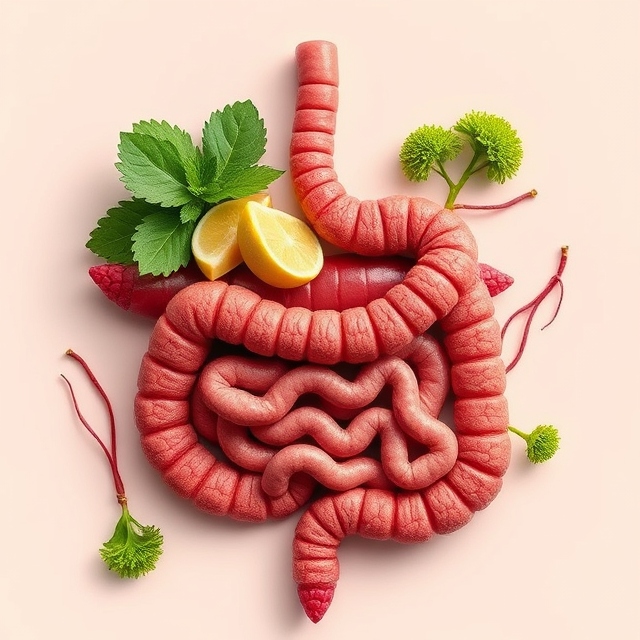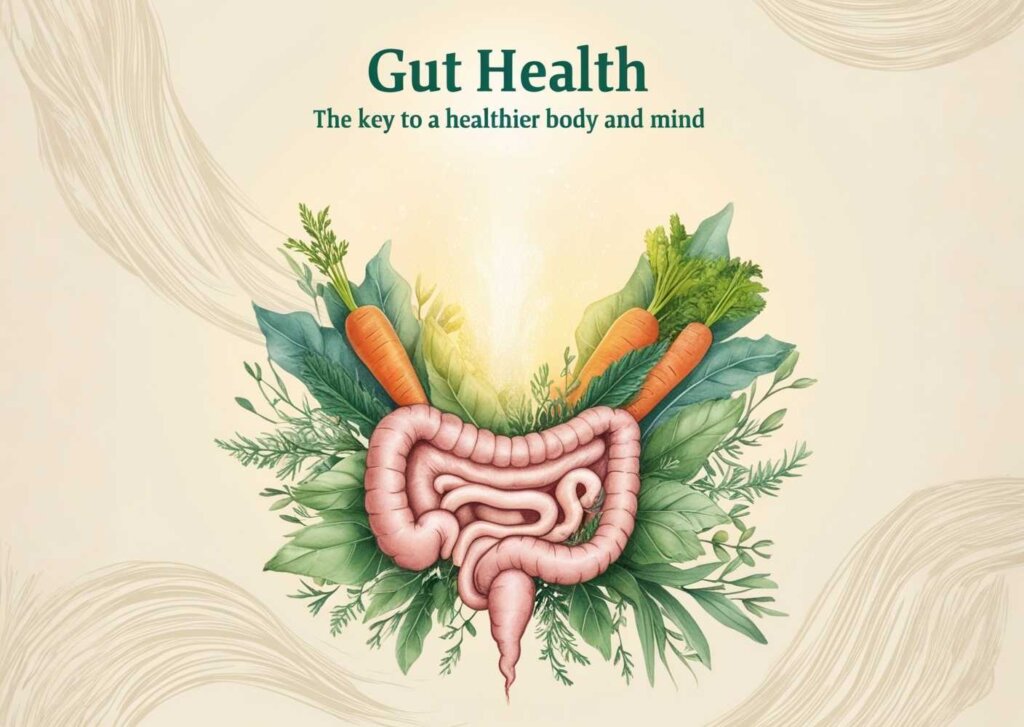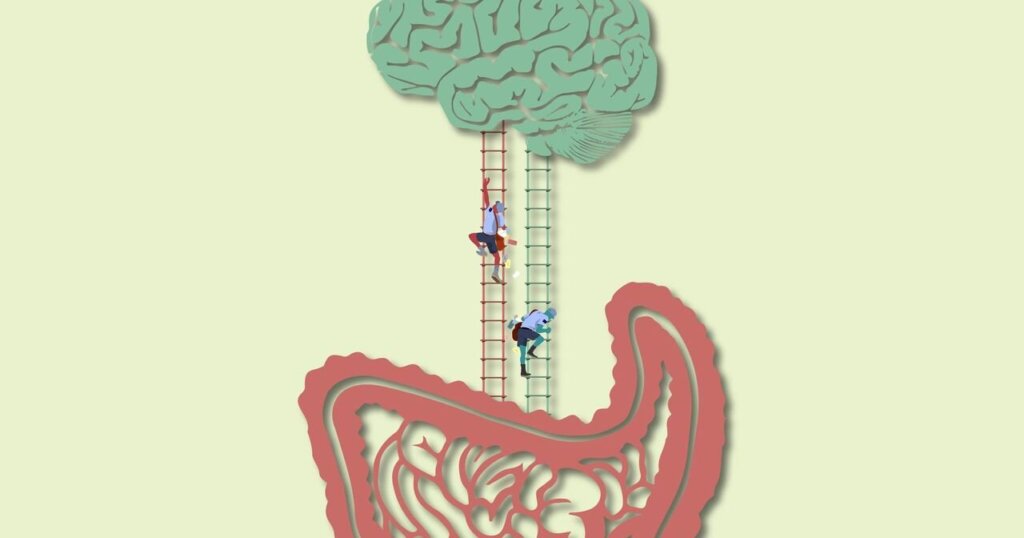In recent years, gut health has gained the spotlight for its impact on everything from immunity to mental well-being. Studies show that a balanced gut can improve not only digestion but also reduce inflammation, enhance mood, and support a strong immune system.
Given how interconnected the gut is with the rest of our body, nurturing it can be transformative.
Understanding the Gut-Brain Connection
The gut and brain communicate directly via the vagus nerve, a pathway through which signals about gut health influence our mental state. Known as the “second brain,” the gut produces around 90% of the body’s serotonin, a neurotransmitter that helps regulate mood.
If your gut microbiome— the ecosystem of bacteria in your digestive tract—is imbalanced, it can trigger symptoms of anxiety, depression, or even brain fog. Fostering a balanced microbiome is key to mental clarity and emotional stability.
Key Steps to Support Gut Health
1. Prioritize Prebiotics and Probiotics
Foods rich in prebiotics (like garlic, onions, and asparagus) feed the beneficial bacteria in your gut. Probiotics found in fermented foods (such as yogurt, kimchi, and kombucha) introduce helpful bacteria to balance the microbiome. Together, they help improve digestion and support immunity.
Be careful with fermented foods if you know you are a high histamine or MCAS person. As these can cause more problems
2. Eat a Diverse Range of Foods
Variety in your diet can promote diversity in your gut microbiome. Different foods provide unique nutrients that support a broad spectrum of gut bacteria, aiding overall health.
3. Reduce Inflammatory Foods
Processed foods, refined sugars, and artificial additives can cause gut inflammation, disrupting the balance of good bacteria. Reducing these foods in favor of a diet rich in anti-inflammatory foods—like berries, fatty fish, and nuts—can aid in keeping your gut healthy and your body free of inflammation.
4. Stay Hydrated
Proper hydration helps the gut’s mucosal lining, supporting beneficial bacteria. Aim to drink water consistently throughout the day, especially if you consume fiber-rich foods, as water and fiber work hand-in-hand to aid digestion.
If you have a hard time getting enough hydration in, I have some tips for that. Let me know
5. Practice Mindfulness
Chronic stress can disrupt gut health by weakening the barrier of the gut lining, making it more susceptible to toxins and unhealthy bacteria. Regular mindfulness practices like meditation or deep breathing can reduce stress hormones and positively impact gut function.

The Future of Gut Health
With advances in microbiome research, gut health is moving beyond probiotic supplements. Personalized health approaches, such as microbiome testing, allow us to tailor nutrition and lifestyle habits to support gut health at an individual level. These innovations can help us better understand and support our unique microbiomes, creating a roadmap to optimized wellness
A healthy gut is a powerful foundation for overall health, supporting everything from digestion to mental well-being. By focusing on a diverse, nutrient-rich diet, managing stress, and making intentional lifestyle choices, we can nurture our gut and transform our health from the inside out.
Check out my course I made about healing gut inflammation https://rhbcourses.com/
#GutHealth #Microbiome #GutBrainConnection #HealthyGut #Probiotics #Prebiotics #DigestiveHealth #AntiInflammatory #HolisticHealth #MindBodyConnection #RenegadeHealthBoss
If you liked this blog please check out what I wrote on a similar subject here https://renegadehealthboss.com/mental-health-and-gut-brain-connection-its-not-always-a-prozac-deficiency/





